Iceland was the only country in the world without mosquitos—now they’ve found three
NeutralScience
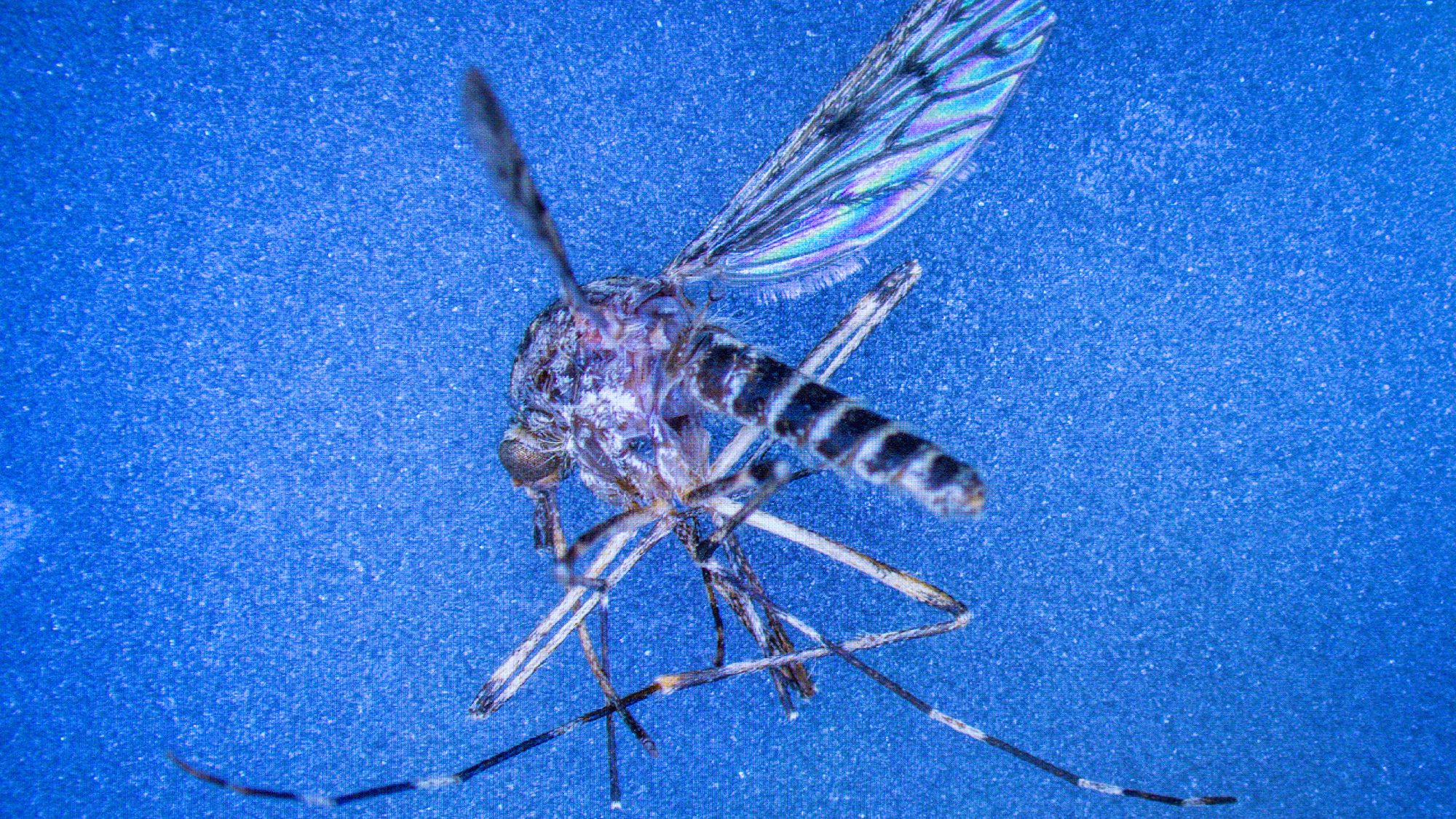
Iceland, known for being the only country in the world without mosquitoes, has recently discovered three species of these insects. This change is significant as it may alter the local ecosystem and impact outdoor activities for residents and tourists alike. While the presence of mosquitoes might seem minor, it raises questions about climate change and biodiversity in this unique Nordic environment.
— Curated by the World Pulse Now AI Editorial System
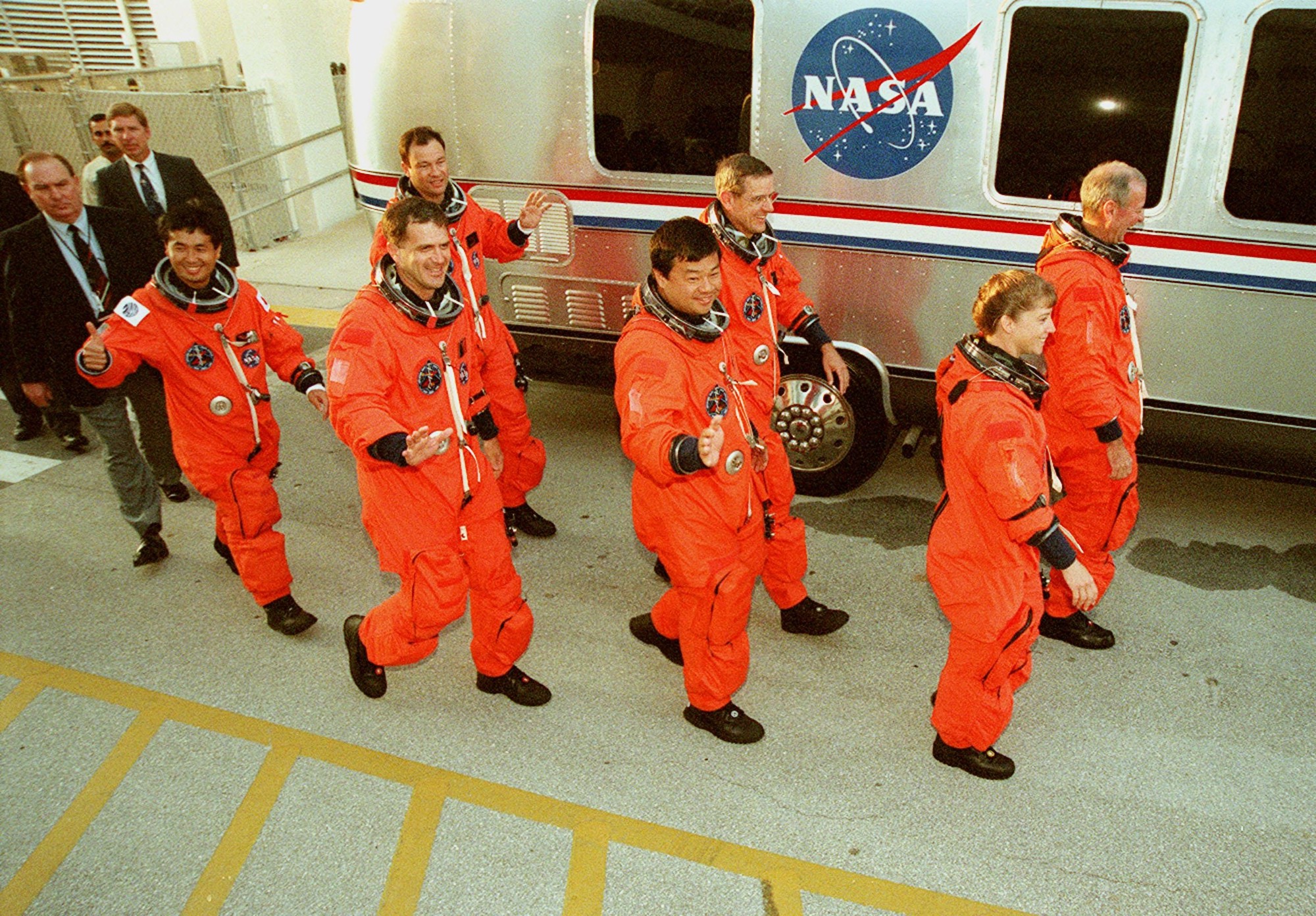
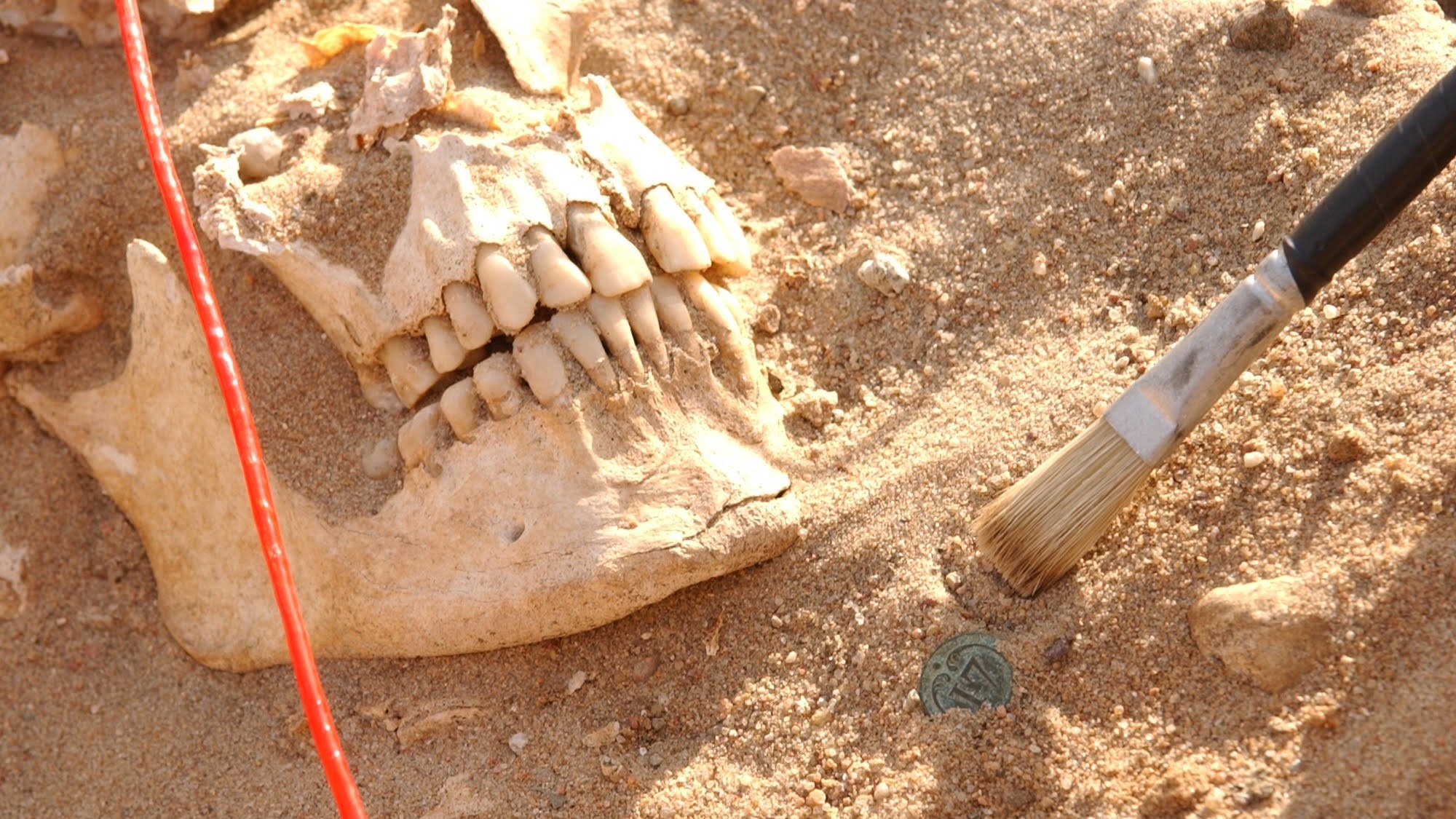
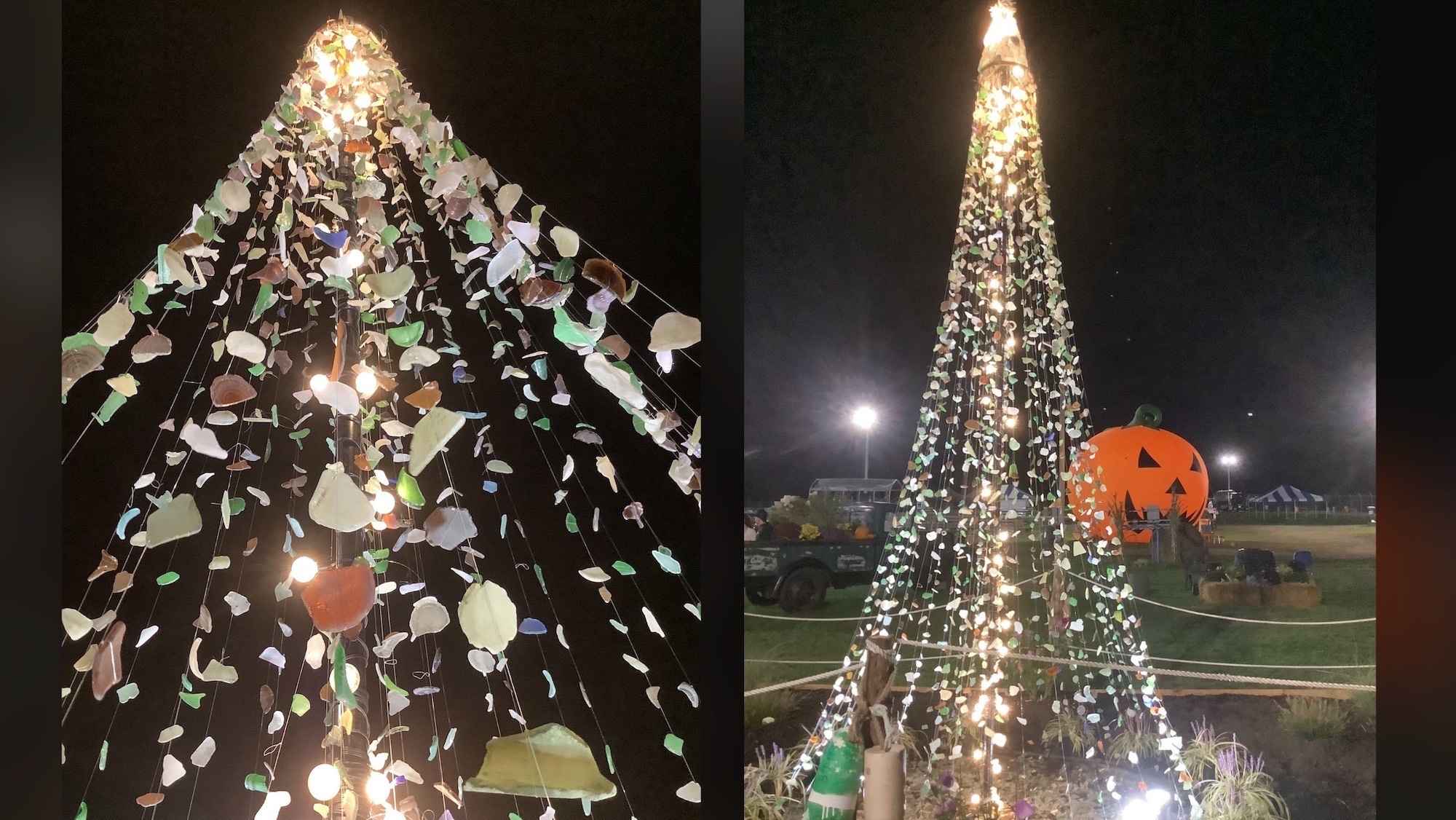

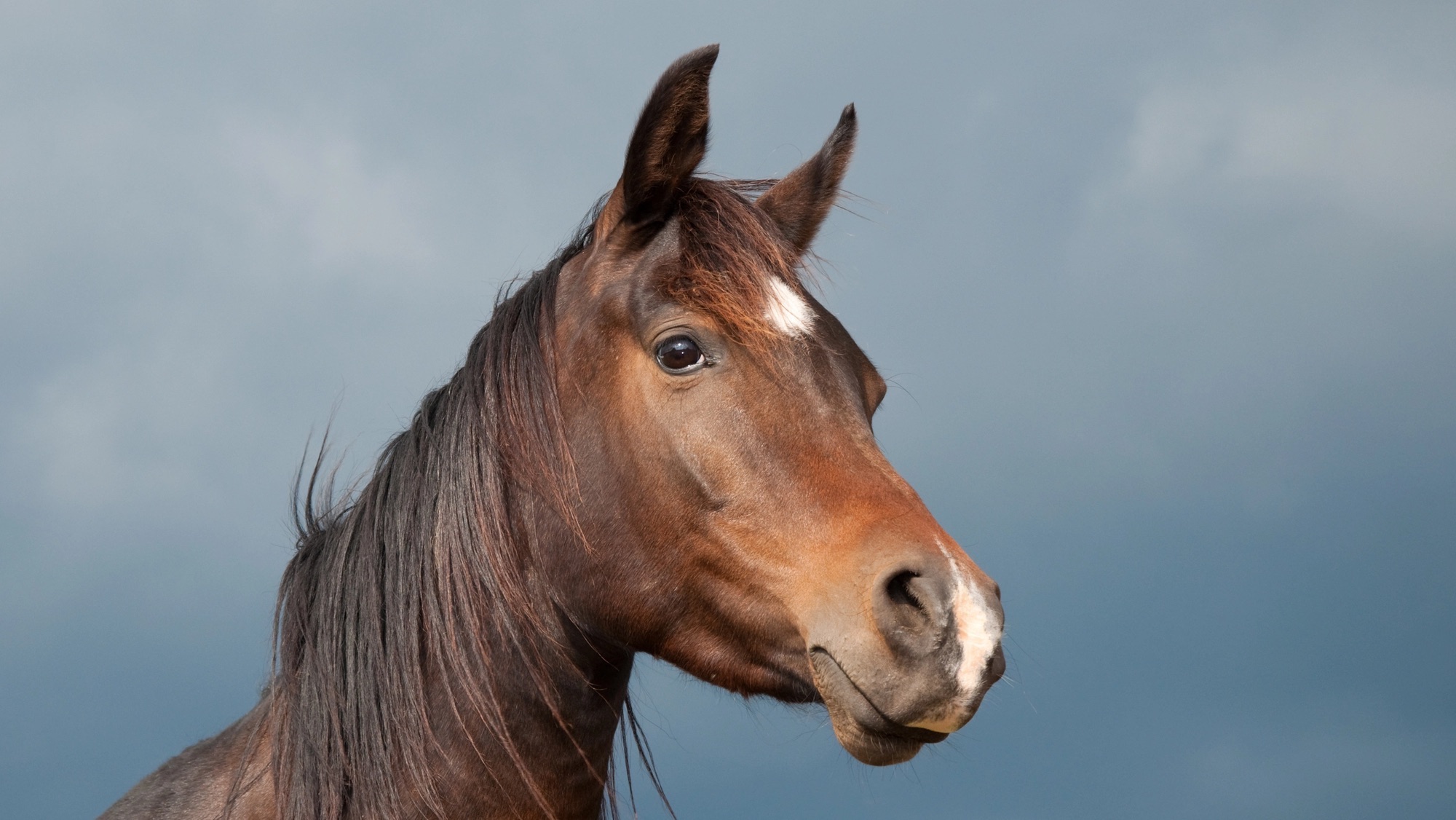

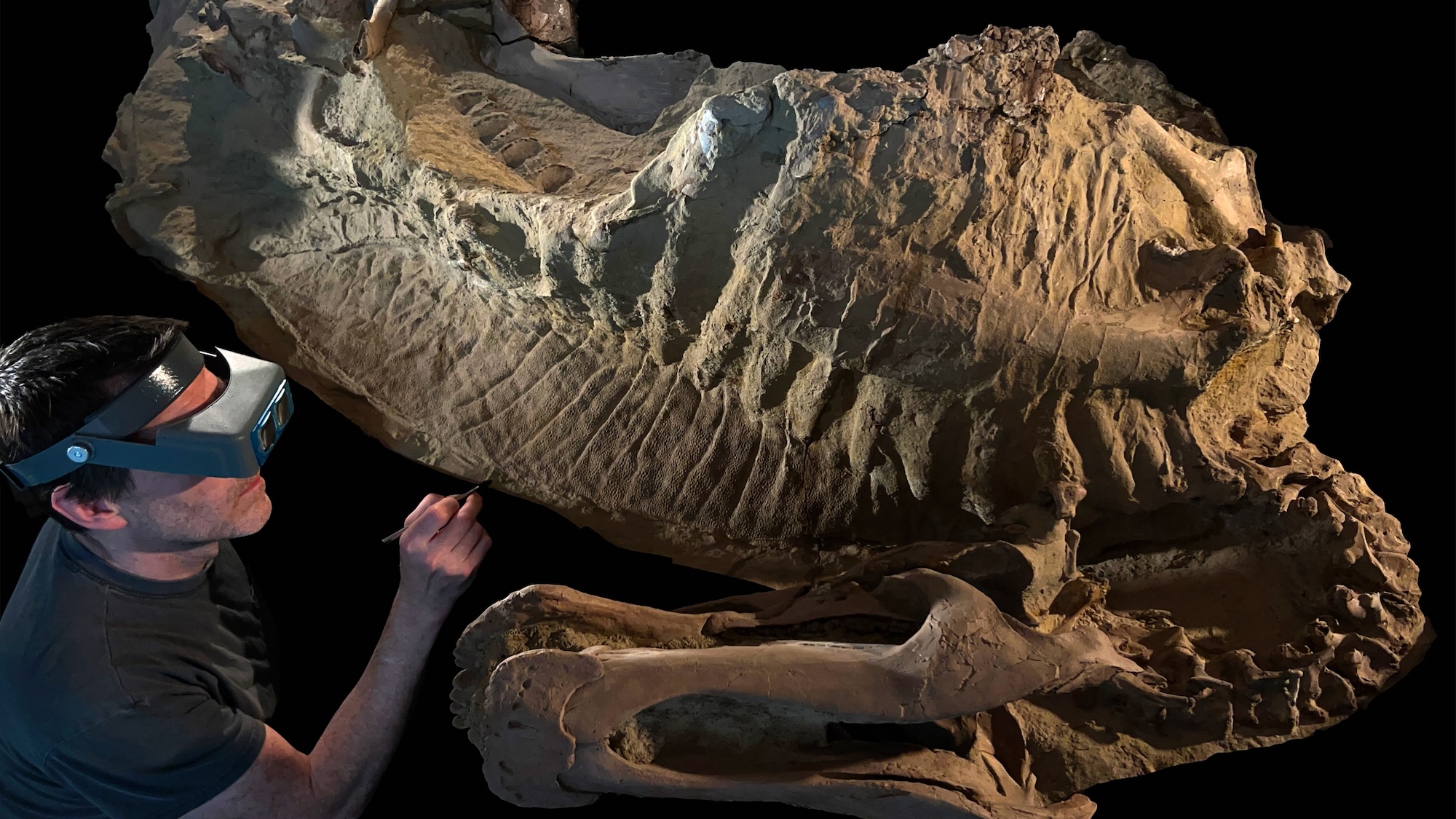

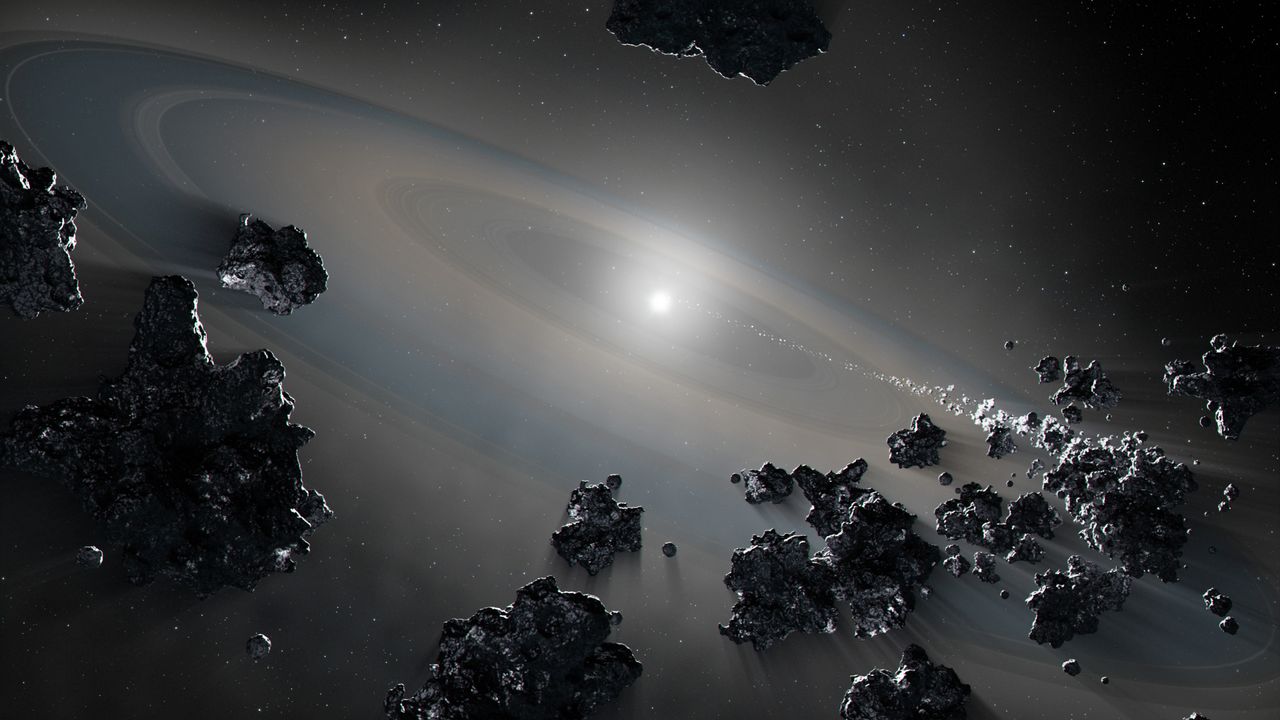



/https://tf-cmsv2-smithsonianmag-media.s3.amazonaws.com/filer_public/37/46/37461432-e24a-442b-bcb7-2b13ab3990d1/horseshoecrabmain.jpg)